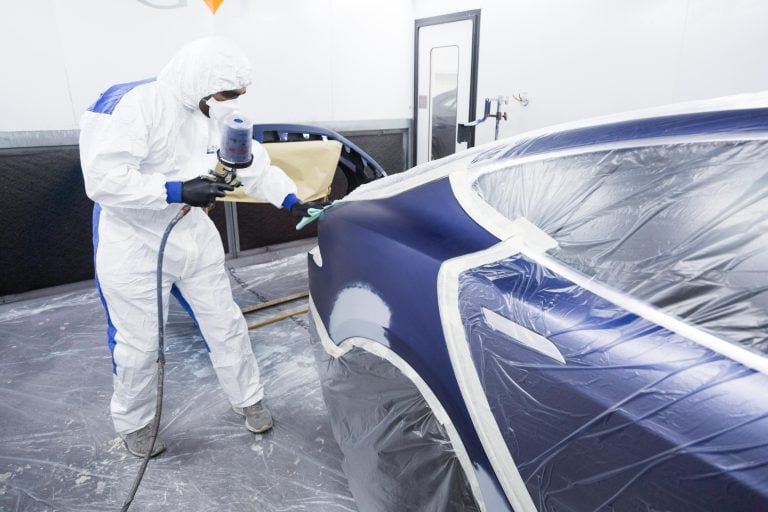- Showroom Case Studies
How to Handle Customs Clearance for Indonesian Luxury Car Exports | GVE London – Blog
Exporting luxury cars from the UK to Indonesia is lucrative but complex. Navigate import duties, taxes, and paperwork seamlessly with expert guidance.
Thinking about exporting luxury cars from the UK to Indonesia, assuming it’s a fruitful opportunity that can be banked upon? You’re absolutely right. Jakarta sees a surge in demand for luxury and sports cars every year, and the trajectory doesn’t seem to be stopping anytime soon. The people love it, the sellers love it. The government? Well, let’s just say they don’t particularly make the process a walk in the park with intricacies regarding regulations, taxes, and paperwork. As a supercar showroom, we’ve dealt with this a thousand times over, so here is a straightforward, no-nonsense guide.
Understanding Indonesia’s Import Tax Structure
The key to actually selling a car outside your own country, no matter which country, is pricing it right. You see, certain countries like Indonesia, use a hybrid taxxation system where in a car is stappled with several taxes and duties based upon its customs value, which includes its original cost, insurance and freight value.
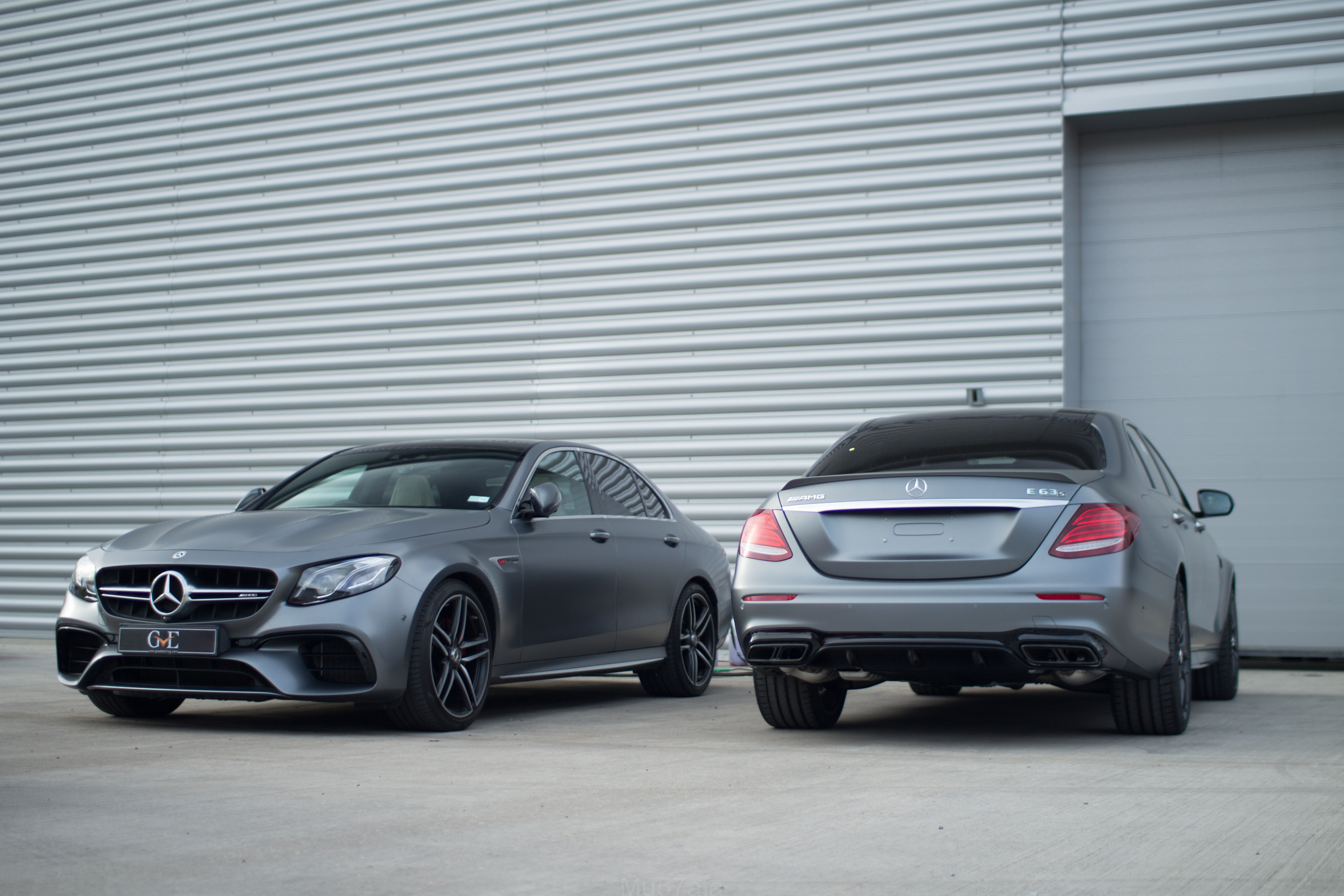
A car must bear:
- Import duty, which can be anywhere from 0% to 150%.
- Vat, which as of 1 January 2025, is 12% and is applicable to luxury items, including high-end vehicles.
- LGST, or Luxury Goods Sales Tax, is applied to luxury items, ranging from 10% to 75%, depending on the vehicle’s specifications and value.
And the result of all this? A £300k Rolls-Royce will cost £600k, so one must price their vehicle accordingly and find a buyer who understands these costs.
Read Also: Maximising Profit: Strategies for Successfully Exporting Luxury Cars
Essential Documentation
No proper paperwork when exporting supercars to Indonesia is a sure-fire way of landing up in a whole lot of trouble with the customs. Fines, delays, seizure of vehicle; it becomes a whole thing. With proper paperwork, there is no way to prove this car belongs to you and thus no way of entering the country legally. Without paperwork, a car becomes an unknown entity, which governments do not like. So, here’s what you’re going to need:
- Bill of landing, which is essentially the shipment details and receipt of the goods.
- A commercial invoice between the exporter and importer
- Certificate of origin for the vehicle, rather self explanatory
- Import Declaration, which is submitted online via Indonesia’s National Single Window (INSW) system
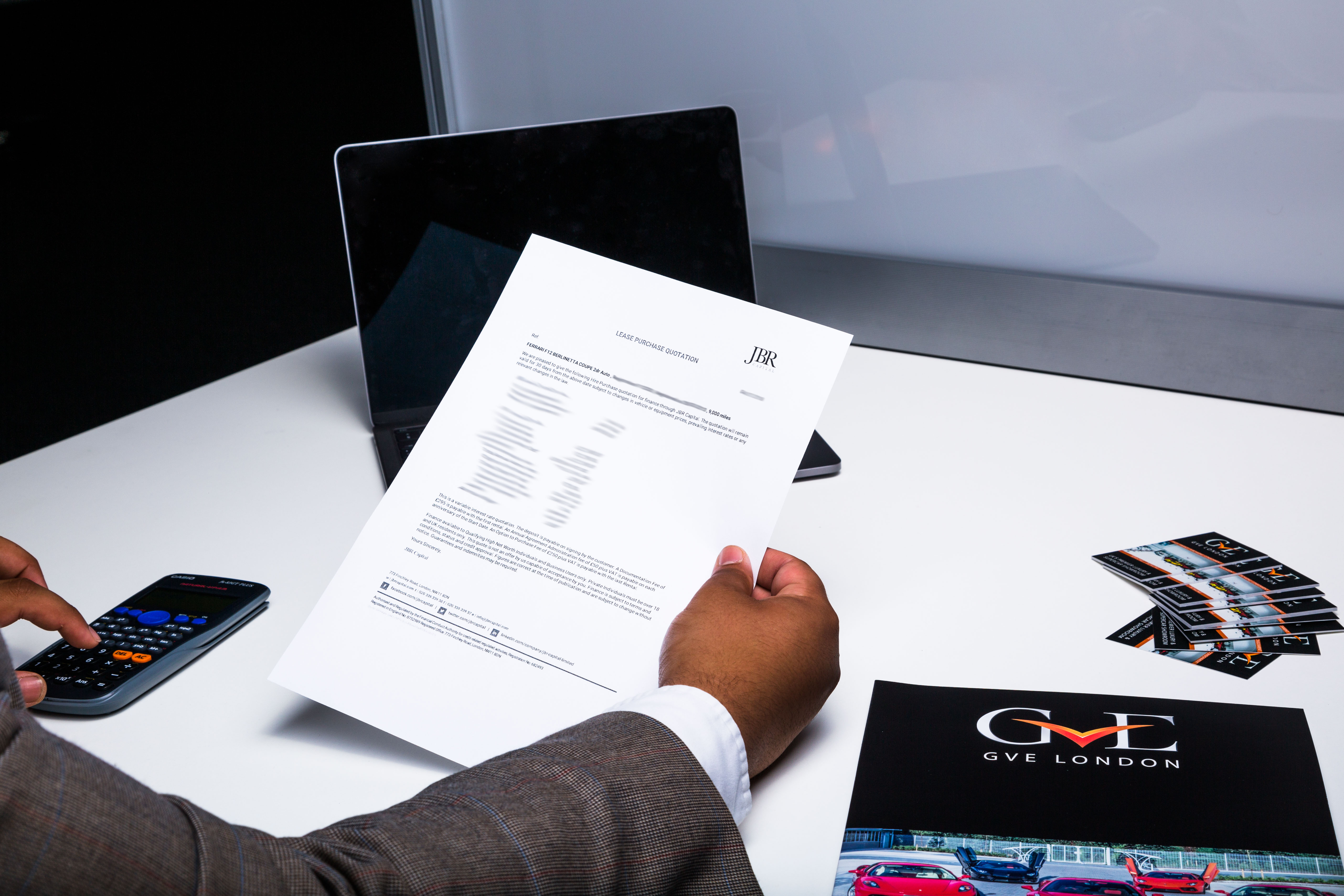
Staying Updated on Regulatory Changes
Rules are always subject to change, and Indonesian import regulations and tax structures are no exception. They may have even changed by the time you, the reader, go through this article. It’s best to get in touch with a local expert—extra points if they specialise in imports and exports. You can also handle it yourself by following official documents and announcements to ensure you’re compliant and not breaking any laws.
Customs Clearance Process
Alright, let’s get to the main matter at hand. The customs clearance process in Indonesia, in a nutshell, involves the following steps:
Pre-Arrival Procedures
The importer needs to be licensed and registered, meaning they must have a valid Importer Identification Number (API). All cars in Indonesia are classified using the HS code classification system, which determines how the car will be taxed.
Import Declaration Submission
Thankfully, you can submit the Import Declaration (PIB) online via the INSW system.
Payment of Duties and Taxes
Calculate and pay all applicable import duties, VAT, and LGST based on the CIF value of the vehicle.

Customs Inspection
This is where a supercar showroom like GVE London really comes in handy, as they can ensure your car meets Indonesian standards. Customs officials conduct a physical inspection to confirm compliance with SNI standards and the accuracy of the submitted documentation.
Release of Vehicle
Once everything checks out, the vehicle is cleared for entry into the country.
Conclusion
With the right game plan, exporting luxury cars from the UK to Indonesia can be done. All it takes is staying updated on all the rules and regulations, understanding duties and taxes, and finding the right buyer. Or, you could simply tie up with a supercar showroom and luxury car export business like GVE London that can handle the complexities of the Indonesian market and capitalise on the opportunities it presents on your behalf. We deal in car sales, purchases, as well as repairs and customisation. Everything automotive, under a single roof. Contact us today!
Frequently Asked Questions
If your supercar doesn’t meet Malaysian standards, you have two options: make the necessary modifications to comply or face rejection of the vehicle’s entry into the country.
Shipping typically takes around 4 to 6 weeks, depending on the route, environmental conditions, and shipping method chosen.
While it’s possible to manage the export process independently, working with a customs broker or logistics specialist is recommended. They can ensure compliance with all regulations and help avoid costly mistakes.
Contact Us
"*" indicates required fields
OUR SERVICES
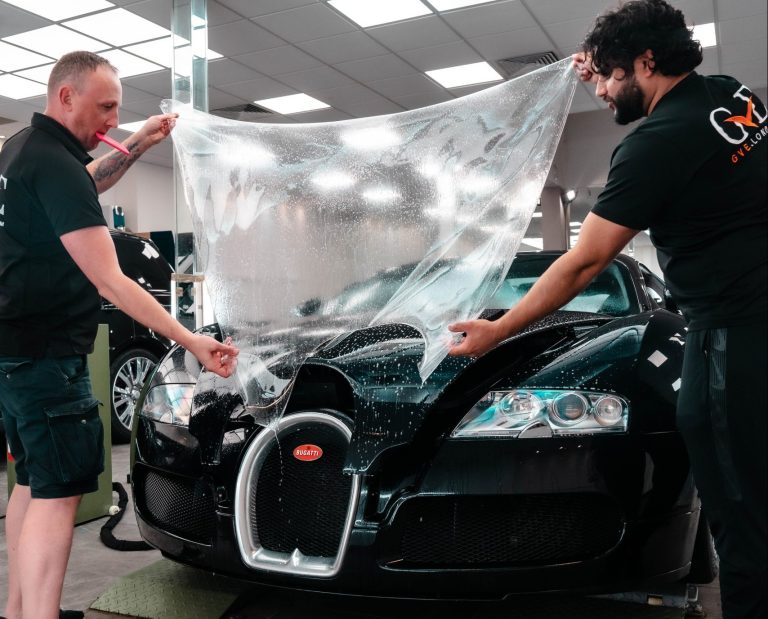
PAINT PROTECTION FILM
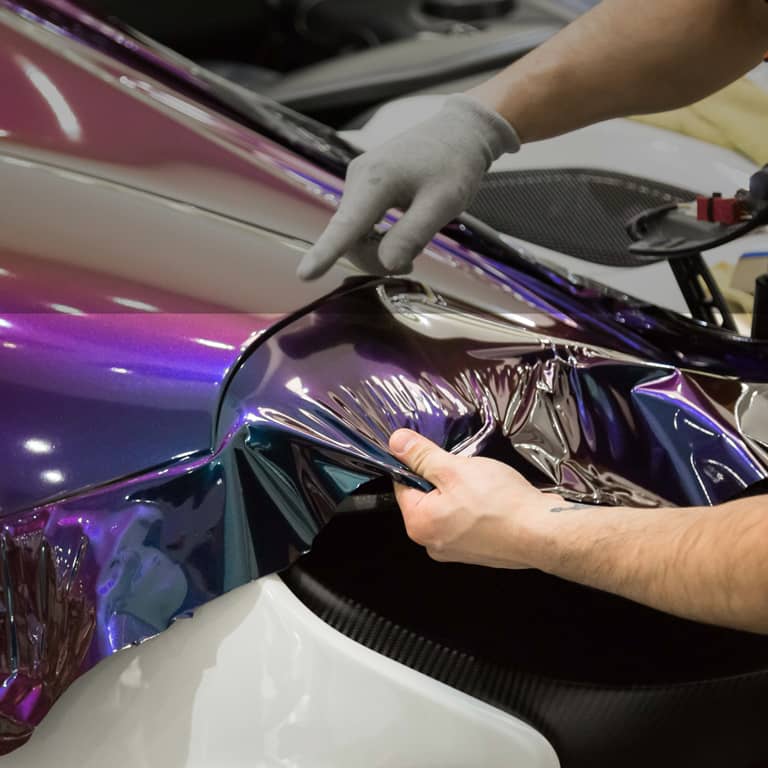
WRAPPING
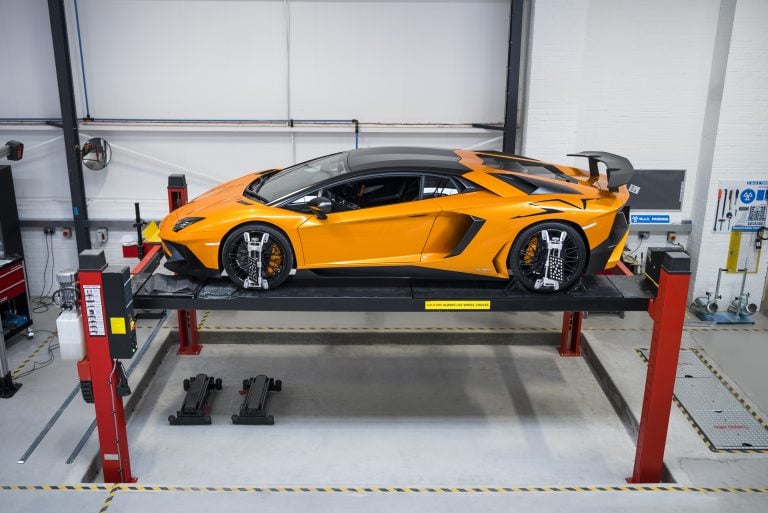
SERVICING
